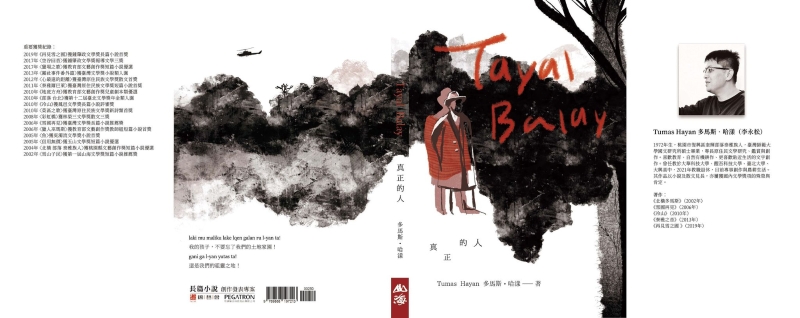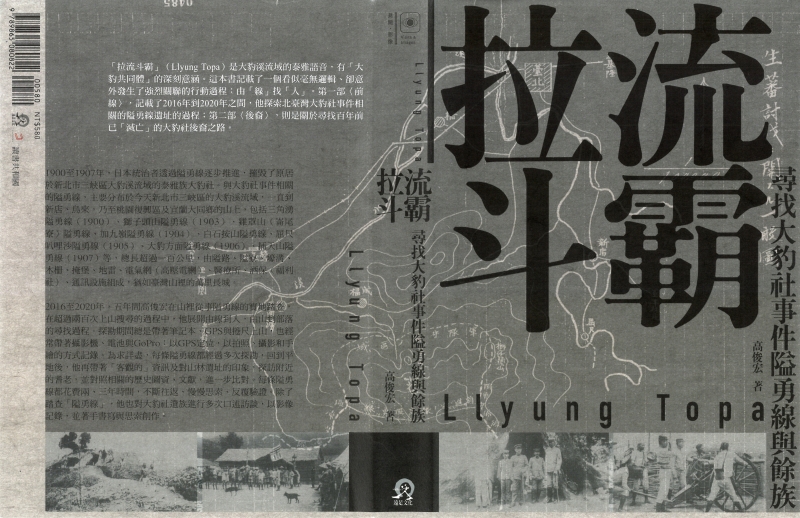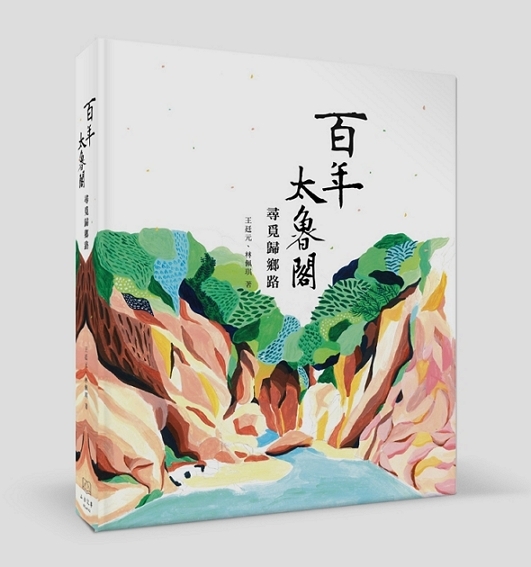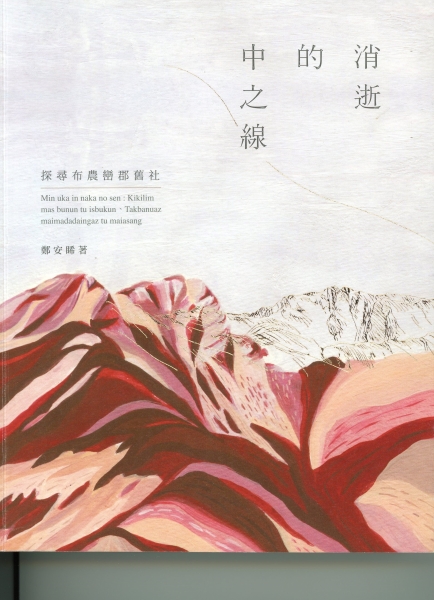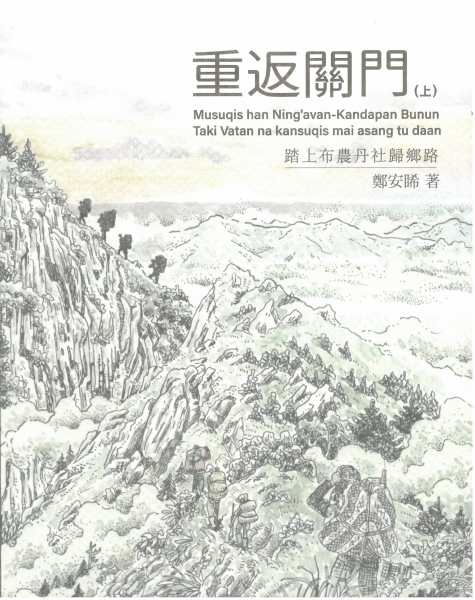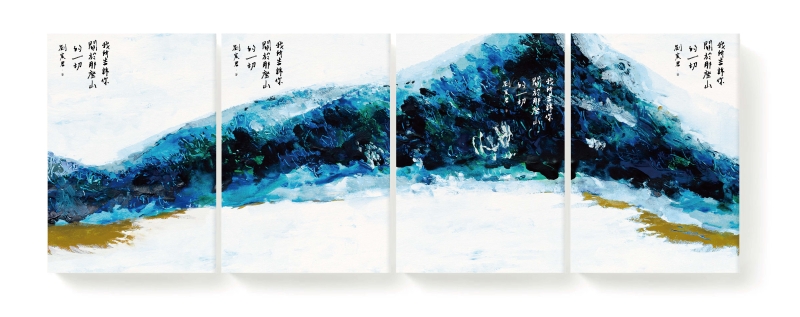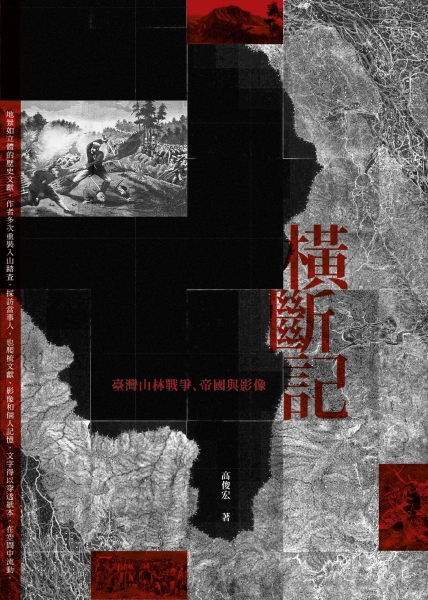Taiwan's government announced in 2019 the opening of mountains, lifting the host of hiking restrictions and allowing nature lovers to explore further secrets within the heart of the island. The post-COVID-19 era led to a boom in domestic travel and many people began to engage in hiking activities. We couldn't move as freely as before, but this pushed us to live with more care, appreciate each moment with family and friends, and attach importance to the land they live in. It also meant more opportunities to show concern for, document, and behold the environment we grew in and examine our connection to it.
The Beauty of Mountain Forests
Mountains account for 70% of Taiwan's geography, endowing it with plenty of forestry resources. One of the three largest tree plantations since the Japanese colonial era is that on Taiping Mountain. The historical background of the area is expounded in the Historical Context of Writings on Mountain Forests—Journal of Taiping Mountain Literary Studies Research and Writing Project by Chung Yi-Fen. It documents the unique landscape literature inspired by mountains during Qing dynasty rule, the Japanese occupation period, and the post-World War II era. Chou Li-Chun's (Hedwig) novel Mountain Spirit (山神) tells the story of a mountain warden, what we usually call a "mountain ranger". We might simply imagine them strolling through the mountain in an idyllic manner, yet there's much to do beyond that: manage recreation areas, maintain forest trails, prevent illegal logging, care for seedlings and wildlife, and so forth. They stand at the front line, our deputies in protecting the mountain forests with utmost respect and humility. Theirs is a life of devotion, a dance to the beat of nature.
The Struggle of Mountain Forests
Chronicles of Jiaoban Mountain Over a Century by Yung-Sung Chien Lee (Thomas) deals with changes in the lifestyle of the Atayal indigenous people over a hundred years. It touches upon the modern understanding of indigeneity, shifts in living environments, and even the brutal acts committed during the Japanese colonial era, in order to self-reflect and ponder on cultural changes and extinction and ethnic identity. Llyung Topa: In Search of the Defense Lines Against Savages and Survivors of the Topa Settlement Massacre (拉流斗霸──尋找大豹社事件隘勇線與餘族) published by Walkers Books recounts the struggle of the indigenous inhabitants of the Llyung Topa Federation against, first, the Han Chinese settlers, and later, the Japanese colonial government and its indigenous pacification policy. By revisiting the "defense lines against savages" from the past, we unearth stories of blood mixed with tears.
The Roads of Mountain Forests
For most of us living in the flat lands, there is nothing special about going back home every day, but for indigenous individuals, it is often an arduous trip that could take days. Ting-Yuan Wang's A Century of Taroko: Finding the Road Back Home (百年太魯閣:尋覓歸鄉路) traces the course of the Liwu River, Tkijig in Seediq language, to discover a series of major events until reaching the "headwater". It is more than a study of the historical background. It encompasses interviews to community elders and includes passages from historical documents and legends told by elders, helping us understand the past and ancient culture, as well as journey through a century of events in the mountains of Taroko. Anxi Zhang's The Vanishing Line: In Search of the Bunun's Old Takebanuad and Isbukun Settlements (消逝的中之線:探尋布農巒郡舊社) is a survey of the remains of the Takebanuad and Isbukun settlements of the Bunun indigenous people on Mt. Guntai, or Ludun-bukun or Uhais in the Bunun language. It documents their present status, the roads used by the Japanese colonial officers to control the inhabitants, and the settlements nurtured by the Jyunda, or Aul misnabukun, river basin. The later Revisiting Guanman—On the Road Back to the Bunun Take Vatan Settlements (重返關門:踏上布農丹社歸鄉路) by Anxi Zhang goes even deeper inside the mountain, exploring the history of the Guanman old trail, which starts in Zhushan Township, Nantou and finishes in Yuli Township, Hualien. In the past, it was home to the cluster of settlements called Take vatan by the Bunun people. The book allows Bunun individuals from later generations—who did not get the chance to live in that environment—to find back their roots, and also reveals the glorious past of the Bunun to mountain lovers.
The Emotions of Mountain Forests
In his book Indigenous (山地話╱珊蒂化), Yi-Hang Ma turns those beautiful yet ephemeral memories we all cherish into subtle, unsettling accounts of fragmented time. The changes encountered when growing up, quest for identity, and conceptions of family are a sort of reminiscence that serves as prelude to the many questions posed in the text. People feel loneliness. What about mountains? Liu Chen Chun's The Mountain I'd Share With You (我所告訴你關於那座山的一切) is a forthright encounter with the self. It would seem that in order to take a good look at this world, it is necessary to first satisfy the physiological and safety needs proposed by psychologist Abraham Maslow in his hierarchy of needs. Is this really a prerequisite for seeing oneself and facing one's most profound emotions and minutest thoughts? We might take different paths when setting out on journeys, treading the mountains, and expressing with words—even drag each other down at times, but we all arrive at the same destination. We only have to walk ahead with courage.
Further Readings
"About Salizan's Carrying a Mountain With a Headband", NCAF Online Magazine
https://mag.ncafroc.org.tw/article_detail.html?id=297ef7227b067884017b4dcb054b0008
"About Liu Chen-Chun's The Mountain I'd Share With You", NCAF Online Magazine
https://mag.ncafroc.org.tw/article_detail.html?id=402888376e6f05ab016e8bb3db8c0006
https://mag.ncafroc.org.tw/article_detail.html?id=297ef7227b067884017b4dcb054b0008
"About Liu Chen-Chun's The Mountain I'd Share With You", NCAF Online Magazine
https://mag.ncafroc.org.tw/article_detail.html?id=402888376e6f05ab016e8bb3db8c0006
*Translator: Linguitronics

